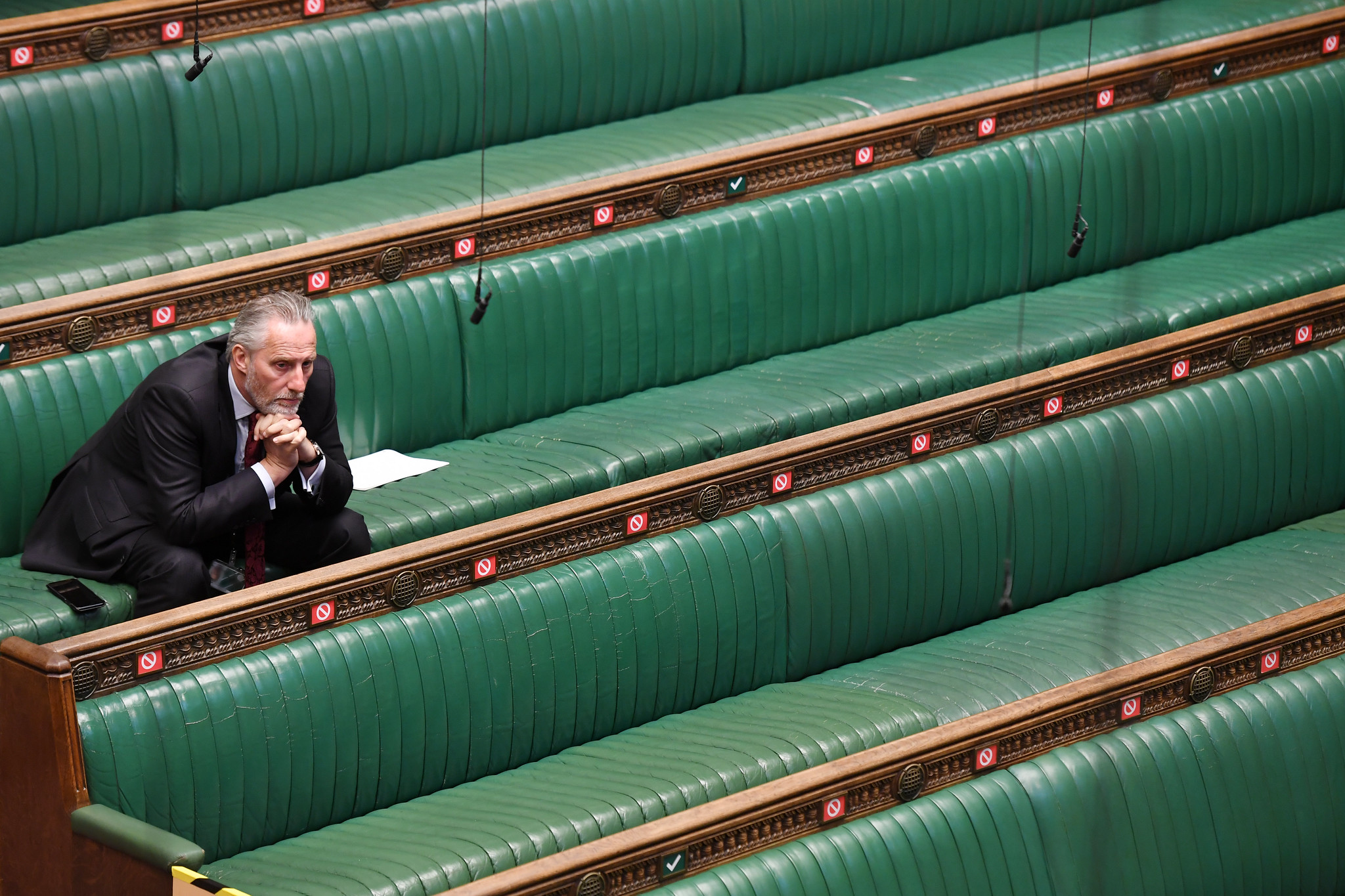Dr. Toby James argues that Parliament Week is an important opportunity for public to critically reflect on whether Parliament is fit for purpose and how it needs to be reformed.
It’s Parliament Week!
What’s that?
Well, Parliament Week, as its website tells us is:
[quote] a UK-wide programme of events and activities that inspire, engage and connect people with parliamentary democracy… Parliament Week is delivered by the House of Commons with the support of the House of Lords. [/quote]
And there is plenty of need to inspire, engage and connect, because in recent years parliament and the elected (and non-elected) members of Parliament have not been held in the highest regard by the British public. Surveys suggest that only about 14% of us trust politicians to tell the trust, 80% do not.
There is much to celebrate about democracy in Britain. We are able to direct elect the House of Commons, from which the Prime Minister is drawn. We can ‘throw the rascals out’ should we want to call time on a government. These elections are free from electoral fraud and voter intimidation. These are not small mercies. The right to vote was hard won.
But the poor esteem in which the public hold politicians suggests that something might need to be done.
Education is one way forward and seems to be central to the Parliament Week project. As a teacher of politics, it is no surprise that I think education is important. Studies show that if citizens knew more about the political parties and their policies, they would vote differently. They show that civic education in schools can increase knowledge about politics and make young people more likely to understand their interests, vote, support democratic values and more. Parliament Week tries to educate those in schools but also those who left school some time ago. That can only be good.
But education is not the whole solution. It assumes that a big slice of the problem lies with the citizen. If only they knew what Parliament is really like, they would like it more. It overlooks the idea that we might need major political and constitutional reform for Parliament to play the whole in British democracy that it should. Do we need a ‘revolution’ as Russell Brand suggests? Perhaps, perhaps not. We do need to question whether our democratic institutions do their job.
Critique is therefore important. For that reason, the launch of the Eastminster blog is marked by posts from politicians, campaigners for reform and academics about what should be done.
- Alexandra Runswick argues that a petitions select committee could help connect people to parliament.
- Rt Hon. Charles Clarke identifies some key reforms such as changing the electoral system and compulsory voting that could make parliament more central to people’s everyday life.
- Dr. Rupert Read argues that parliament should give formal representation to future generations through a ‘Guardian for the Future’.
- Douglas Carswell MP argues that the front benches of Parliament are dominated by politicians who prioritise the presentation of policy over principle.
- Richard Bacon MP argues that Parliament is fit for purpose. The reforms made to the select committee system mean that Parliament can now hold governments and public figures to account.
UEA is also holding two open public debates during Parliament Week:
- On Friday 15th November (today!) we are holding an open debate on whether Parliament is ‘fit for purpose’ with speakers including Richard Bacon MP & Baroness Jenny Jones of Moulsecoomb. The event starts at 6pm and takes place in the Thomas Paine Study Centre, Lecture theatre.
- On Thursday 21 November 2013 a range of speakers reflect on what Parliament means to them. SPeakers include: Douglas Millar (former Clerk Assistant), Ian Gibson (MP for Norwich North from 1997-2009), Jess Asato (special adviser to Tessa Jowell), Rt. Hon Charles Clarke and Philip Webster (Lobby Correspondent).
Both events are open to the public and free to attend. Click here for more details.
Parliament Week should therefore be an opportunity to celebrate, educate, but, just as importantly, critique Parliament and its institutions. It is an opportunity for us to think about how and whether parliamentary democracy could or should be done differently. We hope that the launch of the Eastminster blog will contribute to this cause.
Dr. Toby James is a Lecturer in British Politics in the School of Political, Social and International Studies, at the University of East Anglia. He teaches modules on Who Runs Britain?, Electoral Malpractice and the Parliamentary Research Placement Scheme.
Photo Credit: UK Parliament





